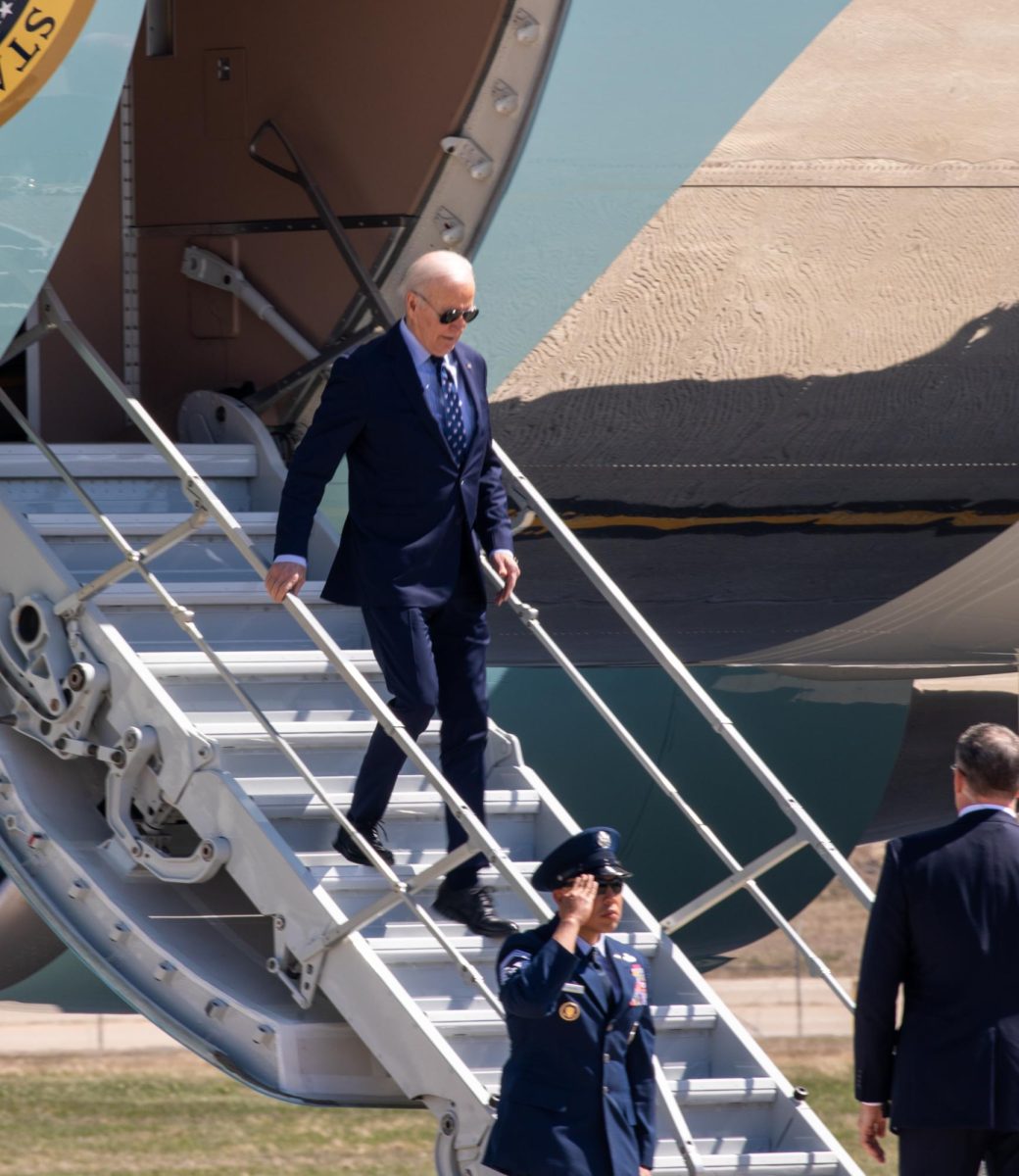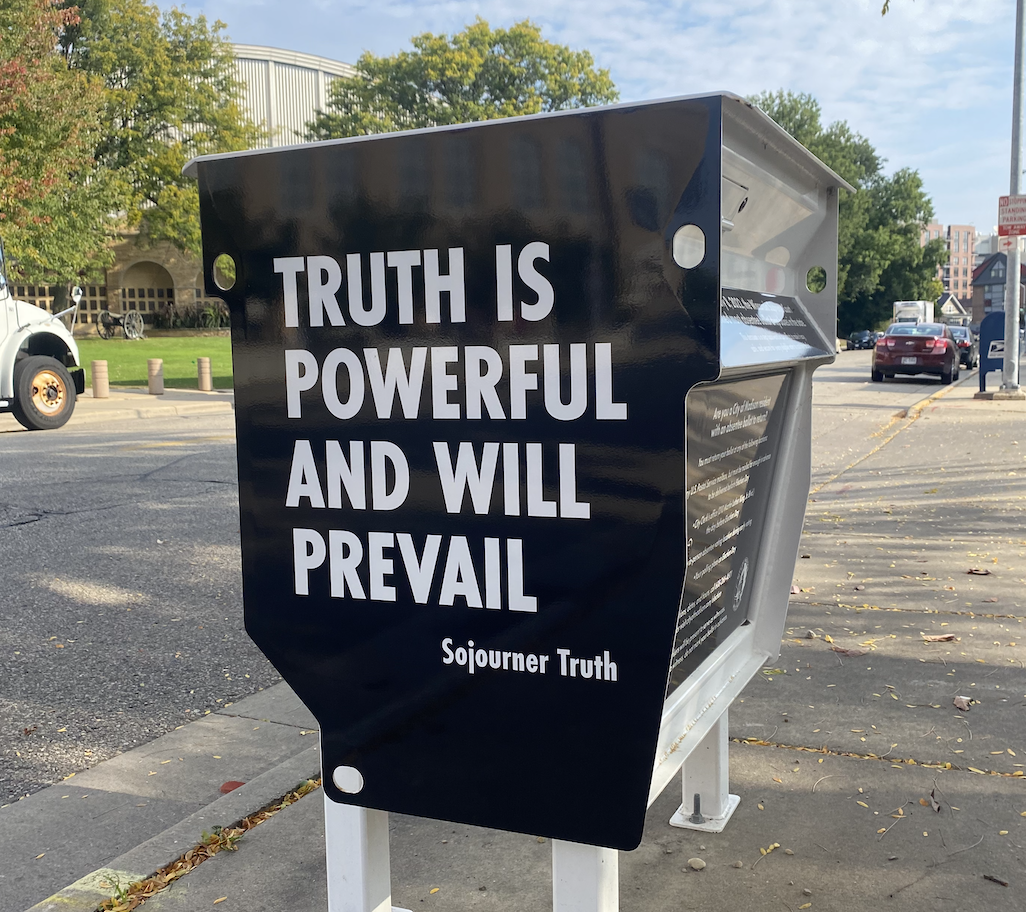In a recent statement to the BBC, a prominent Muslim-American scholar, Imam Hamza Yusuf, narrates a story about the Afghani people. He says:
“The Afghans tell a humorous tale of an American who sought enlightenment in their land. When he arrived he asked the first Afghan he saw, ‘Who is the most enlightened man in your land?’ The Afghan, who knew no English, replied ‘Namai safman,’ which in their language means, ‘I don’t know what you’re talking about.’
“The American set out looking for this fellow named Namai Safman. He soon came upon a funeral procession and out of curiosity asked an onlooker who it was who had died. The Afghan, not knowing English, replied ‘Namai Safman.’ The American cried, ‘And to think, I just missed him.'”
The moral of this story is that we must understand a people before we can benefit from them. In the current crisis, all sides are shouting, but no one seems to be understanding. Unfortunately, in the absence of real discourse, extremism has produced its own language that the mob can understand. The terror inflicted on Sept.11 was indeed evil. However, we should ask ourselves: are the retaliatory strikes that are presently terrifying and killing mostly innocent civilians a good response or are they a betrayal of the very core values we all share?
Over 1,400 years ago the prophet Mohammed said, “Beware of extremism, for it is that which destroyed the peoples before you.”
In the light of the present situation, it is indeed wise advice. He also said, “My way is the middle way.” Moderation is, in fact, the way of thinking people everywhere. The vast majority of humanity is not extremist, but in key times,it can easily be driven to be so. To attack the seemingly intractable problem of terrorism at its roots, we must address the condition that produced it and not just its ugly branches or bitter fruit. In our meeting with President Bush, he said to American faith leaders twice, “I see opportunity through the tears.” My fear is that if we continue to bomb an already war-ravaged and defeated nation while telling them that we are not at war with them or their religion, they will only reply “Namai safman — I don’t know what you’re talking about.”
In the spirit of this thoughtful narration by the learned scholar, we the Muslims of UW-Madison, believe the bombing in Afghanistan is not in the long-term interest of our country or the world at large. The bombing victimizes the innocent, exacerbates the humanitarian disaster and creates wide-spread resentment across the Muslim world. Allowing thousands of innocent civilians to die in the harsh Afghan winter will only serve to weaken the global resolve to root out terrorism. The senseless starvation of women and children will fuel hate and extremism.
We reiterate our resolve to bring to justice the perpetrators of the attacks of Sept. 11; in this we are one with all Americans and our government. However, we must all remember that the Afghani people were not the perpetrators of the recent terrorist attacks, and nor are they against the American people. In fact, the Afghani people are a voiceless people who have seen the most bitter of times in the past decades and under various regimes. Recent reports also suggest that many Afghans do not even know why they are being attacked. Thus, we strongly urge our government to halt the bombings in Afghanistan and consider an alternative to military strikes in capturing the terrorists.
We urge all Americans, both non-Muslims and Muslims to keep a watchful eye on the events that are unfolding on the globe. In particular, we must renew our common Islamic and American values in speaking out for innocent victims of prejudice and conflict all over the world.
Asif Sheikh ([email protected]) is a senior majoring in electrical and computer engineering. He is a member of the Muslim Student Association.







